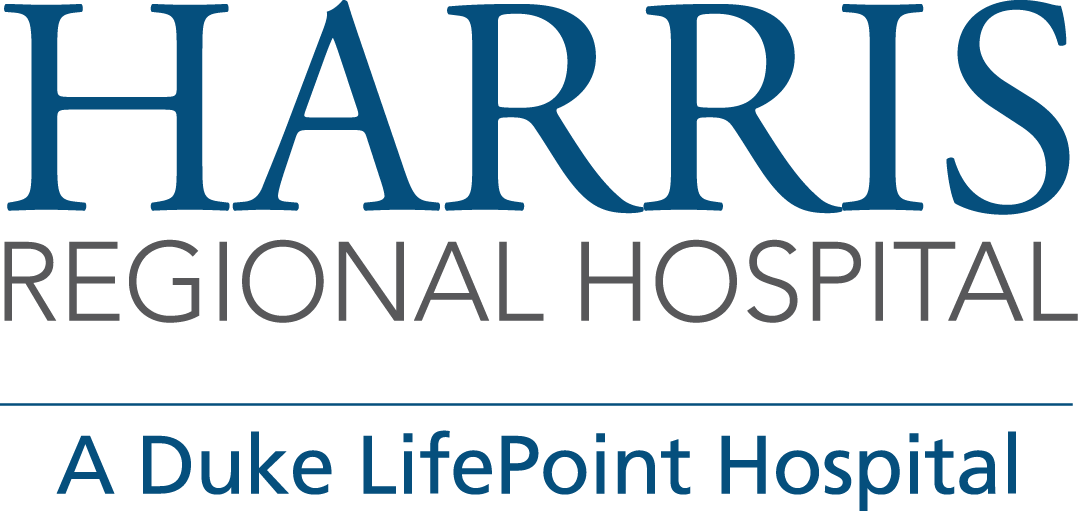Stroke Symptoms
Experiencing stroke symptoms? Call 9-1-1 immediately!
B.E. F.A.S.T. is an easy way to remember the sudden signs of stroke. When you can spot the signs, you'll know that you need to call 9-1-1 for help right away.
B.E. F.A.S.T. is:
 Balance loss – Does the person have a sudden loss of balance?
Balance loss – Does the person have a sudden loss of balance?
 Eyesight changes – Has the person lost vision in one or both eyes?
Eyesight changes – Has the person lost vision in one or both eyes?
 Face Drooping – Does one side of the face droop or is it numb? Ask the person to smile. Is the person's smile uneven?
Face Drooping – Does one side of the face droop or is it numb? Ask the person to smile. Is the person's smile uneven?
 Arm Weakness – Is one arm weak or numb? Ask the person to raise both arms. Does one arm drift downward?
Arm Weakness – Is one arm weak or numb? Ask the person to raise both arms. Does one arm drift downward?
 Speech Difficulty – Is speech slurred? Is the person unable to speak or hard to understand? Ask the person to repeat a sentence like "The sky is blue." Is it repeated correctly?
Speech Difficulty – Is speech slurred? Is the person unable to speak or hard to understand? Ask the person to repeat a sentence like "The sky is blue." Is it repeated correctly?
 Time to call 9-1-1 – If someone shows any of these symptoms, even if the symptoms go away, call 9-1-1 and get the person to the hospital immediately. Check the time so you'll know when the first symptoms appeared.
Time to call 9-1-1 – If someone shows any of these symptoms, even if the symptoms go away, call 9-1-1 and get the person to the hospital immediately. Check the time so you'll know when the first symptoms appeared.
Other Stroke Symptoms
-
-
- Sudden confusion
- Sudden trouble seeing in one or both eyes
- Sudden trouble walking or loss of balance
- Sudden severe headache with no known cause.
-
Learn more stroke signs and symptoms.
Need directions to the ER? Get Directions
Remember: Call 9-1-1
If you believe you are experiencing a medical emergency, calling 9-1-1 is almost always the fastest way to get lifesaving treatment. EMS staff are trained to revive someone whose heart has stopped. It is best to call EMS for rapid transport to the emergency room.
